- Fast results
- 4,000+ locations
- 4.8 star rating
Need Help? (888) GET LABS


This article is Medically Approved ✓ by Dr. Edward Salko
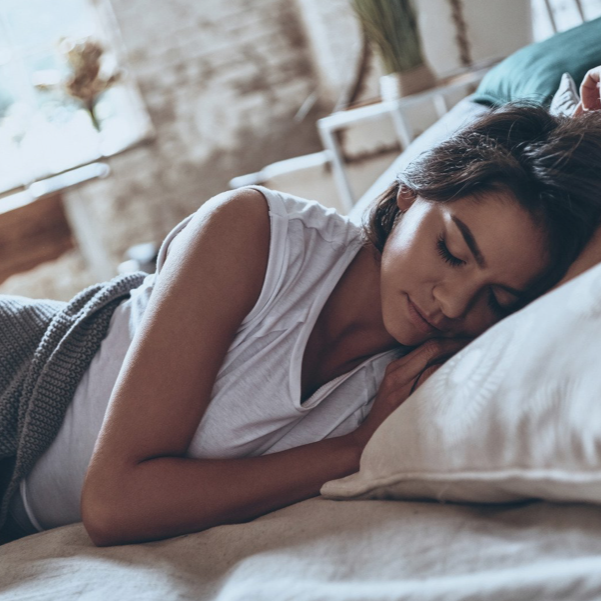
It’s common knowledge that heart disease is one condition you should never underestimate. Along with cancer and other chronic diseases, cardiovascular disorders take lives viciously and sometimes without warning.
According to the CDC report, in the US, one person dies every 36 seconds due to heart disease.
Years of research would tell you that above the genetic factors surrounding cardiovascular diseases, your lifestyle determines the gravity of your risks.
One bad habit researchers associated with heart disease is constant sleep deprivation. While the recommended hours for sleep among adults is at least 7 hours every night, about 35.2% of American adults sleep less than this.
Combining this dangerous habit with other factors for heart disease such as inactivity and poor diet, the likelihood of a cardiac arrest continues to thread upward.
But how does sleep deprivation affect your heart health, really? Find out in the following lines.
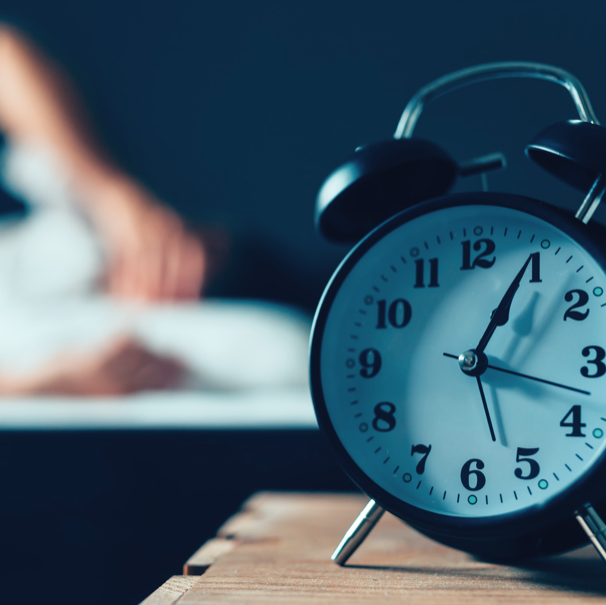
To understand the relationship between heart disease and sleep quality and duration, you must know the difference between day and night for your cardiovascular functions.
Naturally, during the day, your heart works harder to sustain your energy and keep the other organs functioning so you can perform your work or other activities.
When you are bound to be asleep at night, your heart and other vital organs take a slower pace to accommodate necessary repairs and rest.
If you are sleep deprived, these crucial actions are interrupted, causing dire damage to your body systems in the long run.
In the case of your heart, the following consequences can be brought about by lack of sleep.
One strong predictor of coronary heart disease (CHD) is the buildup of calcified plaque in the blood vessels, particularly on the walls of the coronary arteries.
Calcified plaques are formed when calcium is combined with fats or lipids. This is often observed among people who have high lipids in their blood.
The condition is aggravated or could have been caused directly by unhealthy eating habits.
However, according to a study conducted by the University of Chicago, people with shorter sleep duration have higher risks for CHD through prolonged coronary artery calcification.
For five years, observational approaches were employed among 494 participants. The data suggest that longer sleep is linked with a lower incidence of calcifications.
If you have had your fair share of sleepless nights, you probably already know how it messes up with your heart rate.
Sleep deprivation raises resting blood pressure and causes significant damage to the sympathetic nervous system (SNS). This is because one of the functions of SNS is to respond to stress.
In this sense, sleep deprivation is translated as a stressful condition that leads to several changes in the body that may cause long-term damages.
While we are still in the subject of stress, the C-reactive protein (CRP) is a substance released in response to tension or pressure.
High CRP indicates inflammation which is an immune response for infection or injury. Chronic inflammation can cause tissue damage.
In diagnosing the risks for heart disease, a CRP blood test is ordered to assess a person’s risk of high cholesterol levels. Likewise, CRP is a marker for arterial inflammation, which can lead to or aggravate heart disease.
It’s nobody’s first choice to lose sleep. However, some conditions and events could lead to the absence of sleep. Here are the main causes of sleep deprivation:
Interrupted sleep can be a symptom of an underlying condition. Insomnia, in particular, is a disorder that makes you unable to sleep.
If insomnia is chronic, it poses plenty of disorders that affect not just the heart but also other vital organs. Other sleep disorders that pose health threats are sleep apnea and parasomnias.
If you’re under too much pressure at school or work, the stress and anxiety that come with it can cause sleep deprivation.
In the same way, when you cram specific projects or requirements, your brain will activate the SNS leading to hormonal changes such as an adrenaline rush which will overpower sleepiness.
Additionally, mental health disorders like depression also disrupt sleep causing further physical damage to the body.
Sleep loss has been noted among the specific age groups. With older people, postural instability has been associated with sleep deprivation.
Furthermore, for women undergoing menopause, the effects can be challenging leading to sleep disturbance.
Several diseases cause too much discomfort that it robs you of the recommended sleeping hours.
Some of these disorders include respiratory problems, thyroid disease, heartburn, and musculoskeletal disorders.
Younger people often sacrifice sleep for extra fun. Partying or getting engaged in other social activities often happens at night. Likewise, indoor leisure like gaming can take hours that people sometimes lose track of time.
These norms are factors affecting sleep. But, unfortunately, because of the mental stimulation they produce, it is quite easier for others to exchange sleep for a brief period of neurotransmitter high.
Some professions require longer working hours due to the nature of their job.
One industry that comes to mind is healthcare, where it is a norm for medical workers to work for up to 24 hours. With this kind of work schedule, sleep deprivation is a common occurrence.
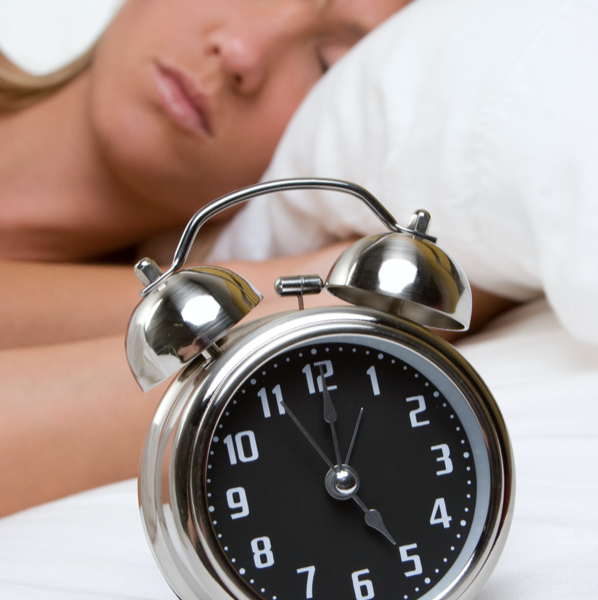
Going to bed and waking up at the same time every day can condition your brain to a certain schedule. That way, sleeping will become automated, reducing the likelihood of sleep deprivation.

You should avoid eating food three hours before your bedtime. Otherwise, your digestion will have to work for an extra shift leading to an upset stomach or heartburn.

Research has shown that nocturnal use of electronics, specifically, smartphones affects the circadian rhythm.
The light from the devices and the mental stimulation impact the release of the hormone melatonin, which induces sleepiness.

It goes without saying but avoiding caffeinated drinks, and even alcohol can improve your sleep deprivation.
Caffeine boosts alertness and reduces drowsiness. Hence, it makes sense to avoid it before bedtime.
Alcoholic drinks trigger bodily stress and can also increase your energy leading to sleep problems.
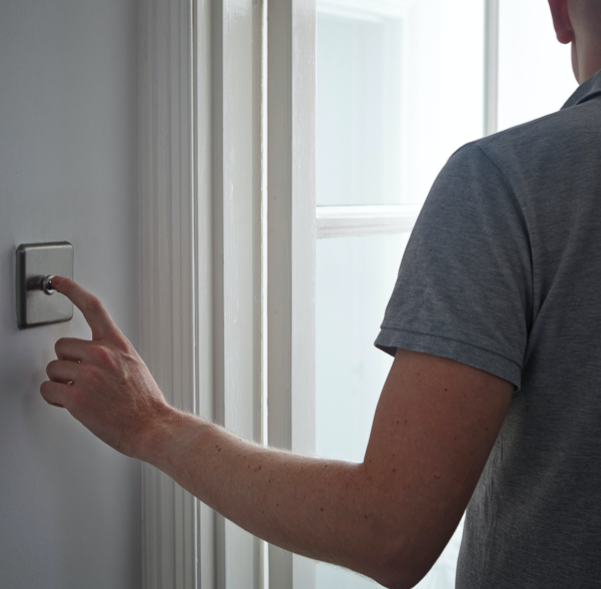
Your body clock responds to the presence or absence of light. Naturally, darkness is translated to rest. Therefore, turning the lights off can condition your brain for sleep.
In the same way, lower temperature encourages inactivity.

You should not get used to sleep loss. Instead, if it happens often, set an appointment with your doctor.
Lack of sleep can be a symptom of a serious underlying condition. Getting tested for these medical conditions can be the first step for the ample rest you deserve.
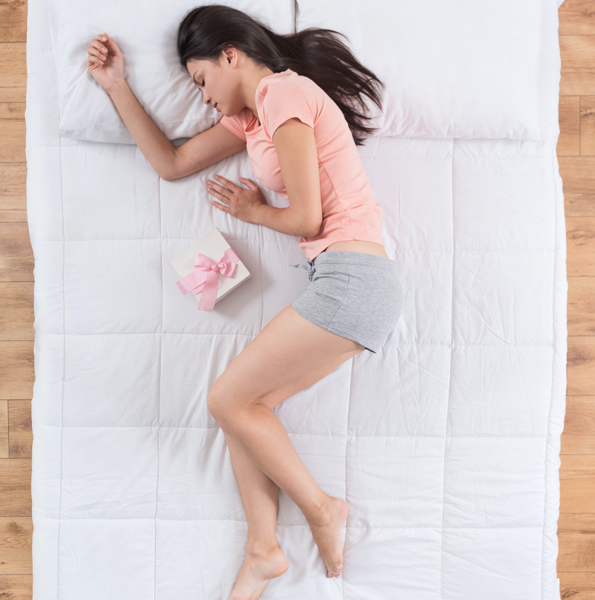
There are several claims that lying on your left side is the best for your heart. However, the evidence is not enough to support this assertion.
Instead, some studies reported that sleeping in the left position can cause the heart to shift and turn, which was concluded due to the changes in ECG readings among healthy participants.
On the other hand, sleeping on the right side also has its set of controversies. Patients who suffered from heart failure were reported to prefer sleeping on their right side.
Nonetheless, some experts also think that such a position can cause pressure to the right pulmonary veins, affecting the heart’s functions.
If you want to know which sleeping position is best for you, simply consult your doctor.
While research has been ongoing about this subject, one finding may not be true to all. Therefore, seeking your doctor’s recommendation based on your diagnosis is still the best step to take.
Sleep may seem like something you can sacrifice from time to time.
But the damages it can cause are something you are bound to regret in the long run. One of which is heart disease, the leading cause of death among adults in the US.
If you have a family history of cardiovascular diseases, your risk for the condition is already higher than average. Adding sleep deprivation to that equation can be life-threatening.
Nevertheless, whether you have it in your blood or not, it is the healthiest choice to get the recommended sleeping quality and duration.

© Copyright 2025 Personalabs. All Rights Reserved.